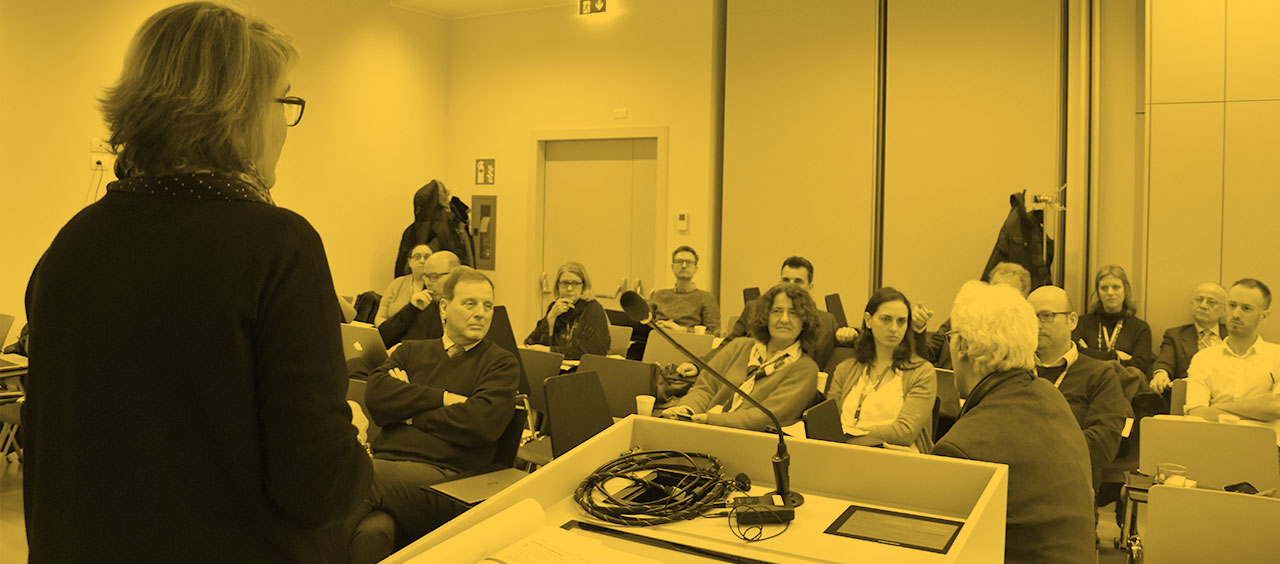The ‘TUDCA-ALS Kick-off meeting’ was held on Thursday 8 and Friday 9 February at the Lead Coordinating Site, Humanitas University, and attended by the top international experts on this neurodegenerative disease, for which there is currently no cure.
The meeting marked the official start of this Humanitas-coordinated international clinical study that ranked first amongst the 127 applications to the Horizon 2020 call for rare diseases and orphan drugs, and was awarded €5.6 million by the European Commission. The meeting brought together leading ALS medical specialists from Italy, Ireland, Great Britain, Germany, France, the Netherlands and Belgium.
ALS, also known as Motor Neuron Disease (MND) and Lou Gehrig’s disease (from the name of the famous baseball player whose illness raised public attention in the 1930s), is a progressive neurodegenerative disease of adulthood, caused by the loss of spinal, bulbar, and cortical motor neurons, leading to paralysis of voluntary muscles and eventually death through respiratory insufficiency.
Prof. Alberto Albanese, Head of Neurology at Humanitas said “At the moment, there is no cure for ALS and the few limited treatments currently available slow down disease progression by only a few months. An initial first pilot study on 60 patients recently showed that TUDCA significantly delayed the degeneration of motor neurons in ALS patients by about one third, thus allowing for longer survival of patients”.

